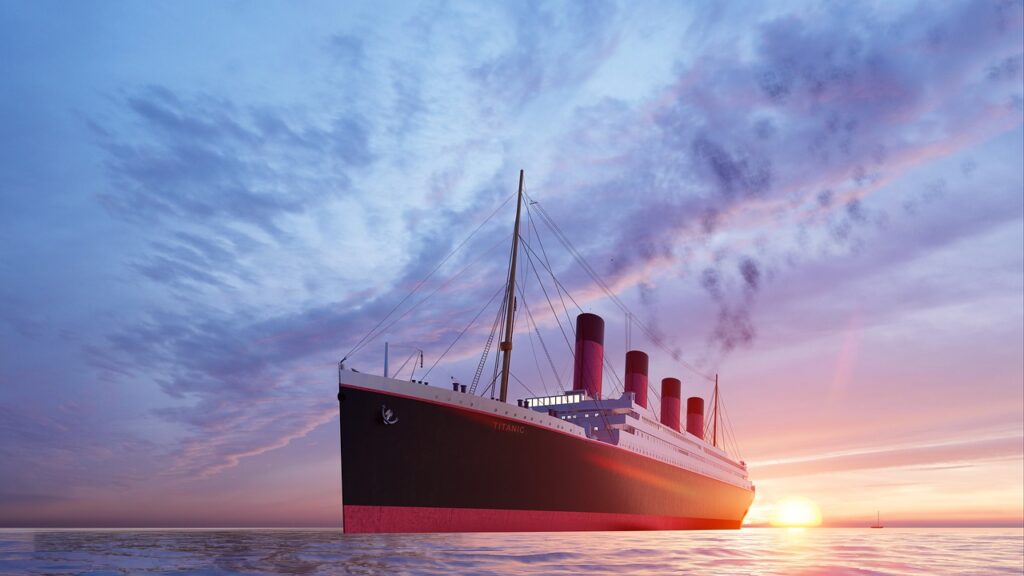
The Cannes Film Festival isn’t just a gathering of glamorous stars and industry insiders; it’s a vibrant crucible where cinematic legends are forged and history is written. Every May, the French Riviera transforms into the beating heart of the film world, showcasing groundbreaking works that challenge, inspire, and captivate audiences globally. This is where movies transcend mere entertainment, becoming cultural touchstones that resonate for decades. It’s a place where a film’s journey often begins with an electrifying premiere, setting the stage for its indelible mark on the art form.
What truly makes Cannes unique is its ability to spotlight films that push boundaries and redefine storytelling. From the sheer emotional power that elicits record-breaking standing ovations to the recognition of visionary directors with prestigious awards, the festival serves as a powerful predictor of future classics and a historical archive of cinematic innovation. When a film makes waves at Cannes, it’s a strong indicator that it’s destined for a significant place in the annals of cinema.
Join us as we take a deep dive into 15 incredible movies that didn’t just screen at Cannes, but actively shaped its history and, in turn, the history of film itself. These are the narratives that sparked conversations, celebrated artistic brilliance, and reminded us all why Cannes remains the ultimate destination for true cinephiles.
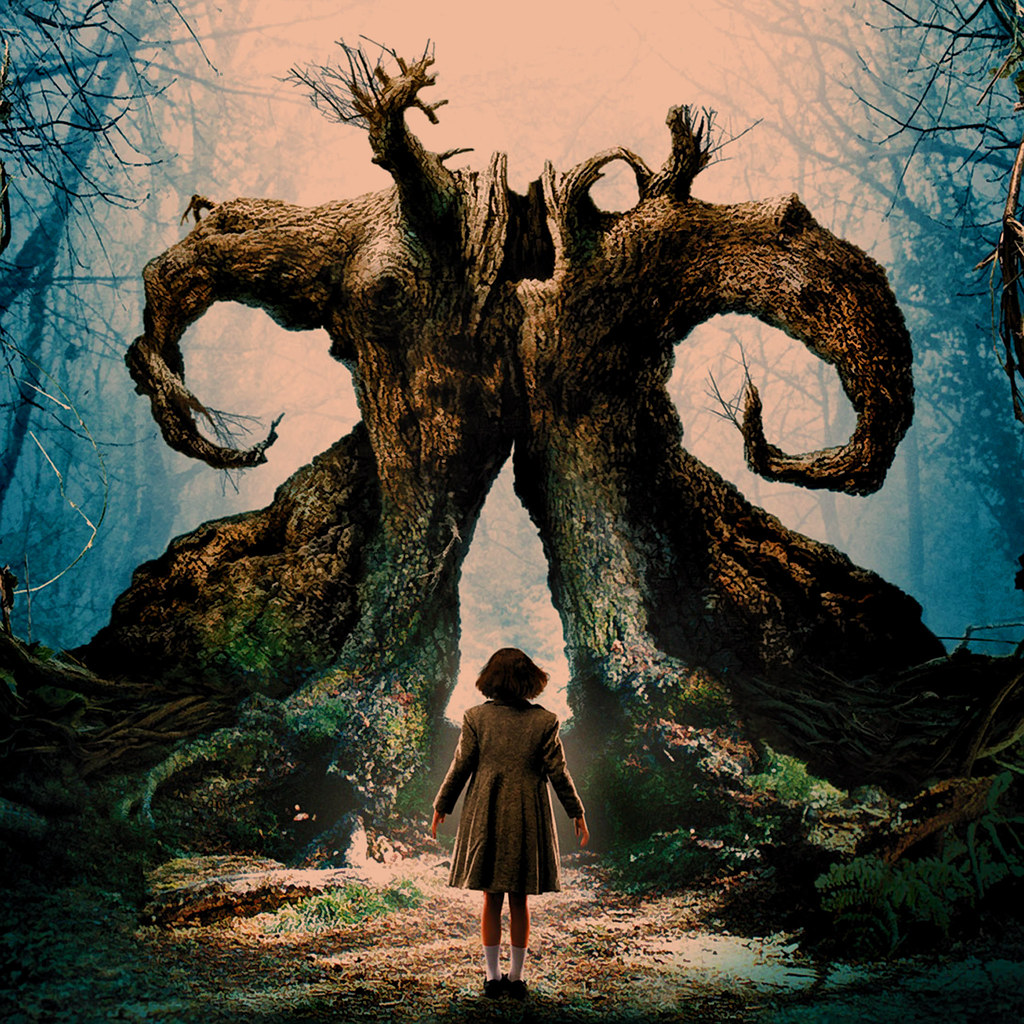
1. **Pan’s Labyrinth (2006)**When we talk about films that truly captivated the Cannes audience, Pan’s Labyrinth stands as an undisputed champion, holding a record that speaks volumes about its profound impact. In 2006, this masterpiece achieved the longest standing ovation in the festival’s history, a staggering 22 minutes. Imagine the emotion, the awe, and the sheer power a film must possess to hold an audience spellbound for such an extended period, an experience that transcends mere applause.
This monumental reception wasn’t just a fleeting moment of appreciation; it was a clear signal of the film’s immense artistic merit and its ability to deeply resonate with the discerning Cannes crowd. A standing ovation of this length is a rare phenomenon, a collective testament to a film’s ability to transport, provoke, and leave an unforgettable impression. It immediately cemented Pan’s Labyrinth’s place in Cannes lore.
The 2006 festival became synonymous with this particular achievement, highlighting how a film’s premiere can become an event in itself, an instant piece of cinematic history. The sheer duration of the applause underscored the film’s exceptional quality and emotional depth, proving that even amidst a lineup of global contenders, some stories shine with an unparalleled brilliance.
Beyond the record, Pan’s Labyrinth’s success at Cannes solidified its international standing, launching it into a global conversation about its masterful blend of dark fantasy and wartime drama. It’s a prime example of how the festival acts as a crucial springboard, transforming acclaimed films into enduring cinematic landmarks through the sheer force of audience and critical recognition.
Read more about: Beyond the Screen: 13 Visually Stunning Films Every Artistic Movie Lover Needs to See Right Now

2. **Fahrenheit 9/11 (2004)**Just two years prior to Pan’s Labyrinth, another film left an indelible mark on the Cannes Film Festival with an equally impressive, though slightly shorter, standing ovation. Michael Moore’s documentary, Fahrenheit 9/11, received an astounding 20-minute standing ovation in 2004. This extraordinary reception highlighted Cannes’ openness to politically charged and provocative cinema, proving that the festival is not just about narrative storytelling but also about powerful, impactful discourse.
To achieve such an extended outpouring of appreciation for a documentary is particularly noteworthy, signaling the film’s ability to engage, challenge, and ignite strong reactions within a highly critical audience. The sustained applause underscored the film’s powerful message and its undeniable relevance, making its premiere a moment of significant cultural and cinematic discussion.
Fahrenheit 9/11’s success at Cannes was more than just a win for its creators; it was a statement about the festival’s role in amplifying voices that might otherwise struggle to find such a prominent global platform. The 20-minute ovation spoke volumes about the film’s impact, confirming its status as a must-see and a conversation starter, propelling it from the Riviera to screens worldwide.
This film’s historic reception demonstrated how Cannes can elevate a documentary to the status of a major cinematic event, showcasing its unique power to influence public discourse through the art of film. The intense enthusiasm for Fahrenheit 9/11 showcased the festival’s commitment to presenting diverse and thought-provoking content, even when controversial.

3. **Sentimental Value (2025)**Looking to the immediate future, the 2025 Cannes Film Festival has already shown that the tradition of electrifying premieres and profound audience appreciation continues unabated. Sentimental Value, a film slated for release in 2025, commanded a remarkable 19-minute standing ovation, placing it firmly among the most celebrated films in recent Cannes history. This immediate impact highlights the festival’s ongoing capacity to generate buzz and anoint new classics.
For a contemporary film to achieve such a prolonged and heartfelt response speaks volumes about its quality and emotional resonance with modern audiences. It reinforces the idea that true cinematic brilliance is timeless and continues to emerge, captivating viewers and critics alike on the global stage of Cannes. The festival remains a vital platform for new talent and fresh perspectives.
Sentimental Value’s impressive ovation demonstrates that the spirit of Cannes, where films can immediately transcend their origins to become international sensations, is as strong as ever. It’s a thrilling indication that even in the current cinematic landscape, films can achieve a nearly unprecedented level of audience adulation, promising a bright future for its creators.
The 19-minute standing ovation for Sentimental Value is a powerful testament to the film’s immediate connection with its audience, proving that the magic of Cannes continues to unfold with each new edition. This early recognition positions the film as a significant entry, illustrating how the festival continues to be a hotbed for discovering and celebrating the films that will shape tomorrow’s cinema history.

4. **Once Upon a Time in America (1984)**Stepping back in time to 1984, the legendary film Once Upon a Time in America graced the Cannes Film Festival and left its own memorable footprint with a significant 15-minute standing ovation. This extended applause for a film that would go on to become a critically revered epic underscored the festival’s role in recognizing masterpieces that might initially challenge, yet ultimately reward, patient and engaged audiences. Its complex narrative and expansive scope found a fitting stage at Cannes.
Such a prolonged ovation for a film of this stature demonstrates Cannes’ particular appreciation for ambitious and artistically significant works. It speaks to the film’s intricate storytelling, its compelling performances, and its overall cinematic grandeur that resonated deeply with the international assembly of critics and cinephiles present at the festival. The reception was a powerful endorsement of its artistic vision.
Even after all these years, the memory of its Cannes premiere and the substantial standing ovation remains a significant part of its legacy. It illustrates how Cannes often acts as an early barometer for films that will achieve enduring classic status, recognizing their profound impact even before they reach a wider global audience. The festival provided a vital launchpad for this iconic picture.
Once Upon a Time in America’s 15-minute ovation solidifies its place among the films that captivated Cannes, highlighting the festival’s tradition of celebrating cinema that pushes artistic boundaries and offers an unforgettable experience. It’s a beautiful example of how great storytelling, when presented on such a prestigious platform, can elicit an overwhelmingly positive and lasting emotional response from its very first audience.
Read more about: From Unstoppable Machines to Everyman Heroes: 14 Actors Who Defined ’70s and ’80s Action Cinema

5. **The Secret Agent (2025)**Looking ahead to the 2025 festival, The Secret Agent is poised to make a multi-faceted splash, already securing its place in Cannes history with a 13-minute standing ovation. But the accolades didn’t stop there; this highly anticipated film also garnered the coveted Best Director and Best Actor awards, signaling a comprehensive triumph on the Riviera. This combination of rapturous audience reception and significant jury recognition is truly exceptional.
To be honored with a lengthy standing ovation is a powerful testament to a film’s ability to connect emotionally with its audience. When coupled with top directorial and acting honors, it underscores a project’s all-around excellence across various facets of filmmaking. The Secret Agent’s success paints a picture of a film that is not only deeply moving but also technically brilliant and superbly performed.
The simultaneous wins for Best Director and Best Actor, alongside such a substantial audience response, indicates a consensus of greatness, both from the appreciative public and the critical jury. This kind of multi-award recognition at Cannes is a strong predictor of a film’s lasting influence and its ability to capture the imagination of the wider cinematic world. It’s a remarkable achievement for any film at the festival.
The Secret Agent’s immediate success at the 2025 festival serves as a prime example of Cannes’ role in elevating films to international prominence, celebrating both artistic vision and outstanding performances. It’s an exciting illustration of how film history continues to be made year after year on the iconic Croisette, with new films captivating audiences and critics in equal measure.
Read more about: From Disney Darling to Dark Siren: The Unprecedented Evolution of Jenna Ortega, Gen Z’s Reigning Scream Queen

6. **Inglourious Basterds (2009)**Quentin Tarantino’s Inglourious Basterds made a significant impact at the 2009 Cannes Film Festival, where it was met with an enthusiastic 11-minute standing ovation. This extended applause was a vibrant affirmation of the film’s bold narrative, distinctive style, and its unique blend of historical revisionism and genre thrills. The festival crowd, known for its discerning tastes, clearly embraced Tarantino’s audacious vision with open arms.
The 11-minute ovation was more than just a show of hands; it was a testament to the film’s ability to ignite excitement and engage audiences on a profound level. For a film with such a distinctive authorial voice, this kind of reception at Cannes speaks volumes about its power to entertain, provoke, and leave a memorable impression on even the most seasoned festival-goers. It demonstrated a universal appreciation for its audacious creativity.
Cannes has long been a platform for directors who push the envelope, and Inglourious Basterds perfectly fit this mold, with its lengthy standing ovation echoing the enthusiastic reception of previous groundbreaking films. It underscored how the festival champions distinctive cinematic voices and rewards films that dare to be different, cementing their place in film history.
Inglourious Basterds’ memorable premiere at Cannes, marked by such a substantial ovation, highlighted the film’s immediate cultural impact and its capacity to become an instant talking point. It showcased the festival’s unparalleled ability to launch films into the global consciousness with a burst of critical and popular acclaim, setting the stage for its widespread success.
Read more about: Beyond the Tomatometer: An IGN Editor’s Definitive Ranking of All 10 Quentin Tarantino Movies
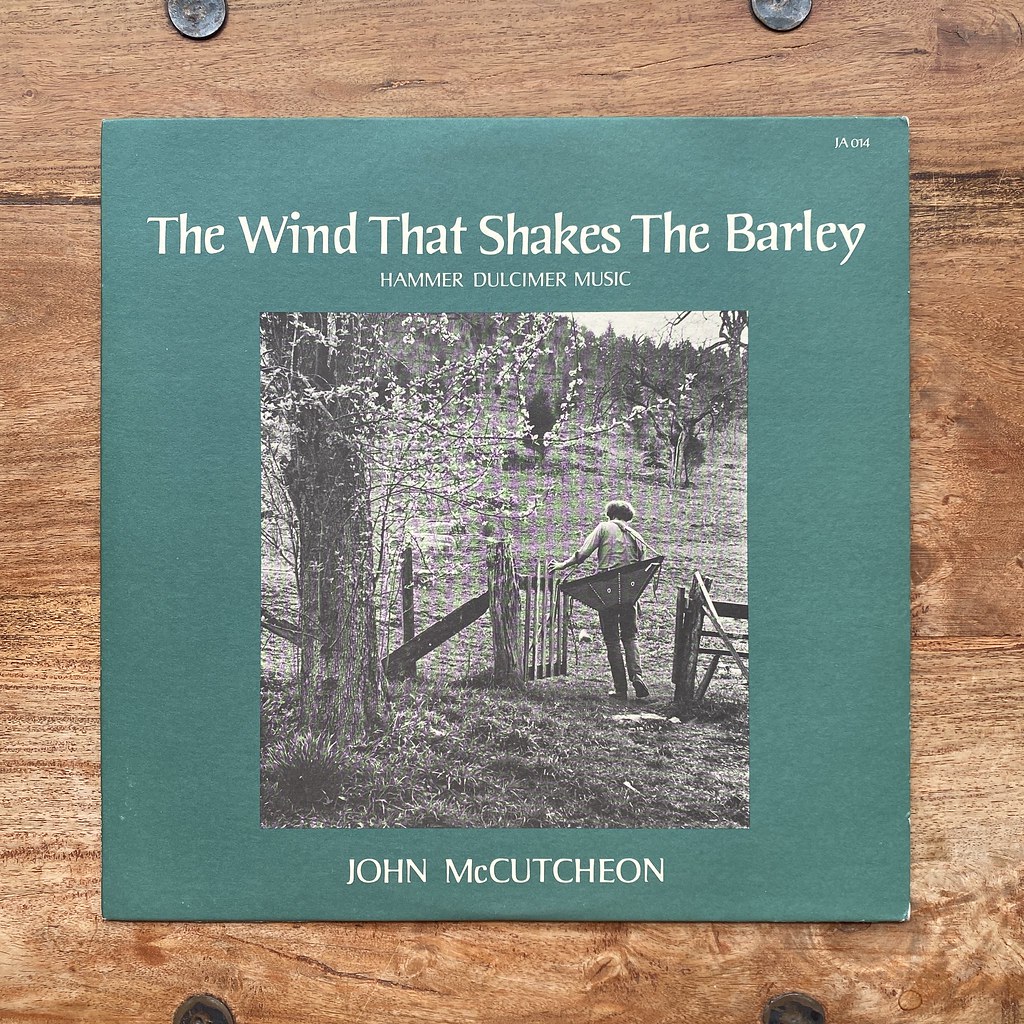
7. **The Wind That Shakes The Barley (2006)**In the same year that Pan’s Labyrinth broke records, another significant film, The Wind That Shakes The Barley, made its own powerful mark at Cannes in 2006 by winning the prestigious Palme d’Or. This triumph was particularly notable as it added to the illustrious career of director Ken Loach, who holds the record for most films in main competition at Cannes with an astonishing 15 entries. His win for this film was a capstone on a career deeply intertwined with the festival.
Winning the Palme d’Or, the highest honor at Cannes, is a career-defining moment for any filmmaker. For Ken Loach, it was a recognition of his consistent artistic integrity and his powerful storytelling, particularly his commitment to socially conscious cinema. The Wind That Shakes The Barley’s victory underscored the festival’s enduring appreciation for works that combine cinematic artistry with profound human themes.
Loach’s connection to Cannes is unparalleled; his 15 films in main competition represent a remarkable legacy of engagement and sustained quality. His Palme d’Or for The Wind That Shakes The Barley wasn’t just a single film’s triumph, but a celebration of a director whose work has consistently graced the festival’s most prestigious selection, contributing immensely to its cinematic history over decades.
The film’s win solidified its status as a powerful and important work, emblematic of the kind of challenging and thought-provoking cinema that Cannes seeks to champion. It stands as a testament to the festival’s tradition of recognizing both individual masterpieces and the careers of visionary filmmakers who continually enrich the art of cinema. Ken Loach’s achievement with this film is a powerful symbol of artistic persistence and excellence recognized on the grandest stage.
The Cannes Film Festival isn’t just about the immediate roar of applause or a single triumphant win; it’s also a profound archive of sustained artistic vision, groundbreaking directorial achievements, and the quiet, persistent breaking of barriers. In this next part of our cinematic journey, we’ll dive deeper into the festival’s rich history, exploring films and filmmakers who have not only graced the Croisette but have shaped its very fabric through multiple accolades, visionary storytelling, and pioneering efforts. Get ready to celebrate the directors who have repeatedly pushed boundaries and the films that have earned their place among Cannes’ most celebrated.
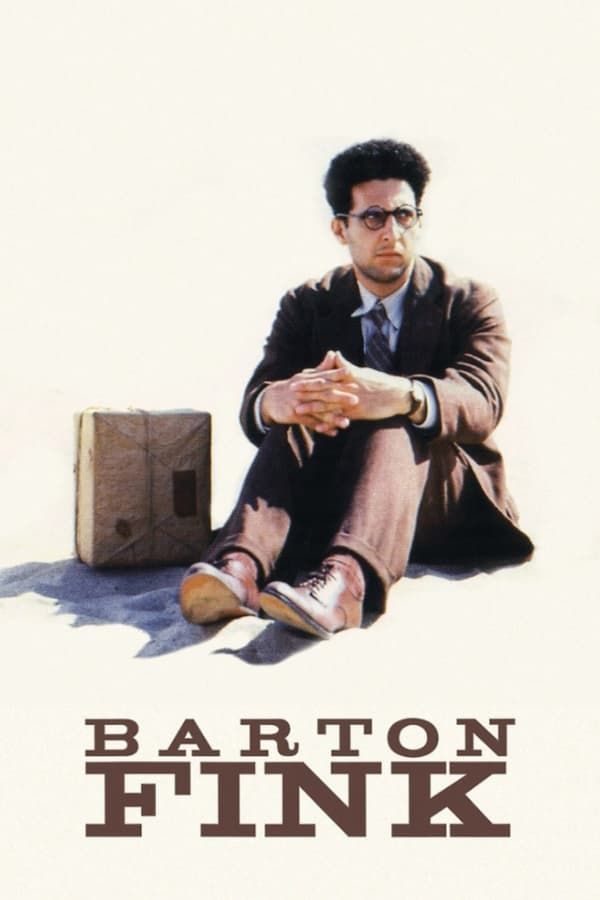
8. **Barton Fink (1991)**When we talk about films that truly make history at Cannes, Joel Coen’s “Barton Fink” from 1991 stands out as a unique and extraordinary achievement. This darkly comedic and surreal tale managed to clinch an astonishing three major awards: the coveted Palme d’Or, Best Director for Joel Coen himself, and Best Actor for John Turturro. This trifecta is incredibly rare and speaks volumes about the film’s artistic brilliance and the jury’s unanimous recognition of its excellence across multiple disciplines.
The Coen brothers, known for their distinctive and often quirky cinematic voice, saw “Barton Fink” become a defining moment in their illustrious career. To walk away with the top prize, along with recognition for their masterful direction and a stellar lead performance, underscored their status as true auteurs. It was a clear signal that their unique blend of satire, psychological depth, and visual flair was not just celebrated by audiences but deeply respected by the critical establishment at Cannes.
Winning the Palme d’Or is a career highlight, but coupling it with Best Director and Best Actor is a testament to a film’s holistic impact—a story that is not only conceptually brilliant but also flawlessly executed and powerfully performed. “Barton Fink” cemented its place in Cannes lore not just as a winner, but as a film that demonstrated a complete package of cinematic artistry, marking it as a truly groundbreaking moment for independent filmmaking at the festival.

9. **The Piano (1993)**Breaking through a significant barrier, Jane Campion’s “The Piano” etched its name into Cannes history in 1993 by earning her the Palme d’Or, making her the first—and for many years, the only—female director to win the festival’s highest honor. This landmark achievement was not just a personal triumph for Campion but a powerful statement about the evolving recognition of female voices in an industry historically dominated by men. The film also secured a Best Actress award for Holly Hunter, further highlighting its exceptional quality.
“The Piano” captivated audiences and critics alike with its haunting narrative, stunning cinematography, and powerful performances. Campion’s unique vision brought to life a story of love, desire, and defiance, resonating deeply with the international jury. Her victory served as an inspiration for countless aspiring female filmmakers around the globe, proving that artistic brilliance knows no gender and that distinctive perspectives deserve the highest accolades on the world stage.
The film’s dual wins—Palme d’Or and Best Actress—underscored its profound emotional depth and the compelling performances at its core. It became a cultural touchstone, recognized for its unflinching portrayal of human experience and its artistic courage. Cannes, by bestowing its top honors upon “The Piano,” demonstrated its commitment to championing diverse storytelling and recognizing cinematic excellence regardless of who stands behind the camera.
Read more about: 14 Child Actors Who Absolutely Stole the Show and Left Adults in Their Dust!
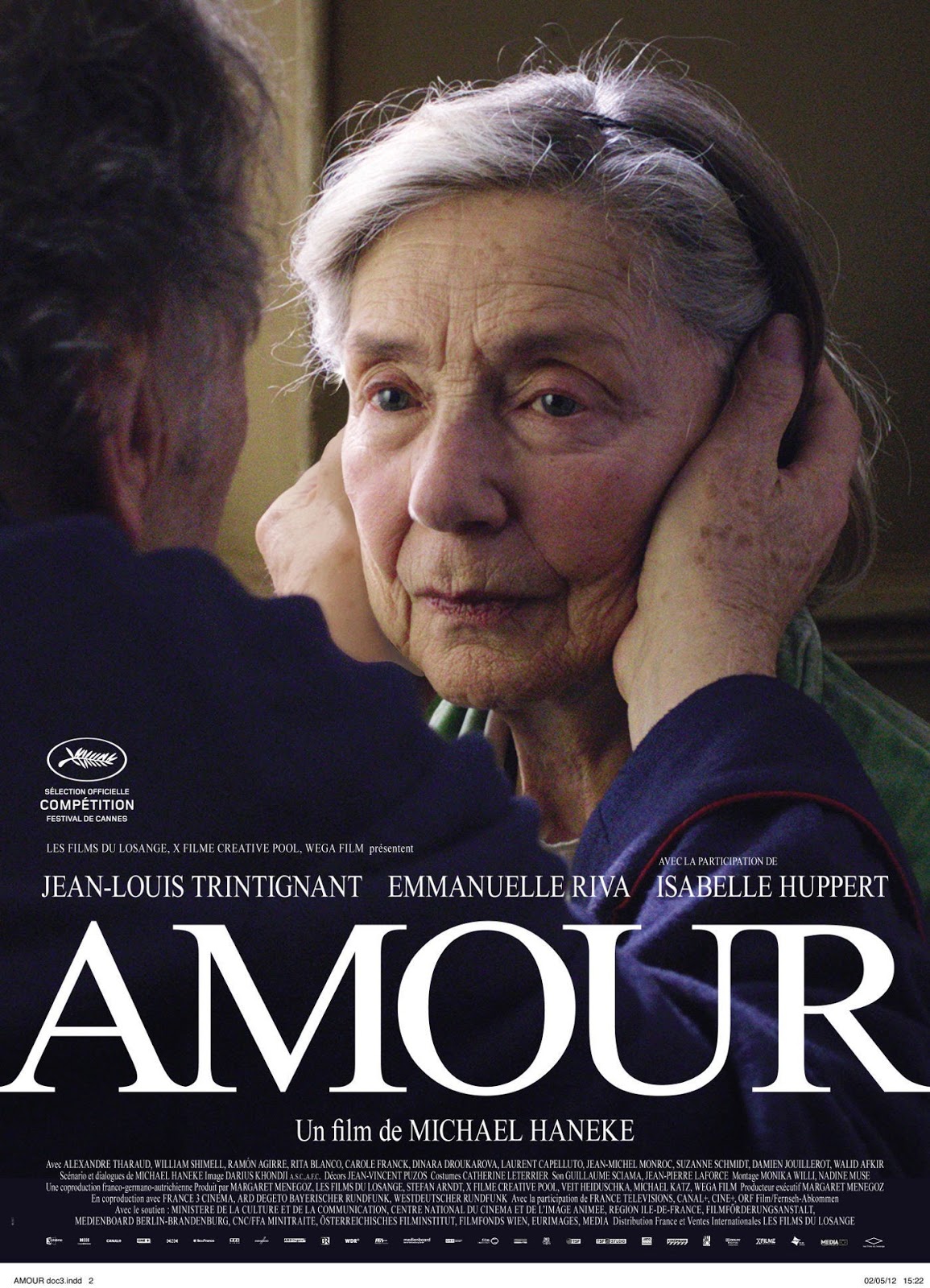
10. **Amour (2012)**Michael Haneke stands as one of the elite filmmakers to have twice claimed the Palme d’Or, and his powerful 2012 drama “Amour” marked his second triumph at Cannes. This profound and unflinching portrayal of aging, love, and mortality resonated deeply with the jury, earning him this prestigious award. Haneke’s ability to consistently deliver films of such intense emotional and intellectual rigor truly solidifies his reputation as a visionary director, consistently challenging and captivating audiences.
His previous win for “The White Ribbon” in 2009 meant “Amour” placed him in a very exclusive club of directors with consecutive Palme d’Or victories, a remarkable feat that speaks to an unparalleled period of creative brilliance and critical recognition. This repeated success at the highest level of the festival circuit underscores Haneke’s singular artistic vision and his unflinching commitment to exploring complex human experiences with extraordinary depth and precision.
“Amour” was praised for its masterful direction, poignant performances, and its brave exploration of a difficult subject, proving that Haneke’s provocative style continues to earn him the highest honors. His repeated recognition at Cannes is a testament to the festival’s appreciation for filmmakers who commit to challenging narratives and who consistently produce works that push the boundaries of cinematic art, leaving an indelible mark on film history.
Read more about: Hollywood’s Elite: Unveiling the Highest-Grossing Actors and Actresses of Our Time
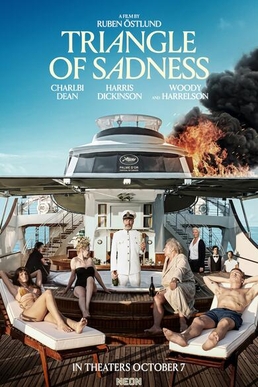
11. **Triangle of Sadness (2022)**Continuing the tradition of visionary directors receiving multiple Palme d’Or awards, Ruben Östlund joined this elite group in 2022 with his satirical masterpiece, “Triangle of Sadness.” This victory marked his second win, following “The Square” in 2017, placing him among the few filmmakers to achieve this remarkable feat. His work consistently challenges societal norms and human behavior with biting wit and incisive observation, and Cannes has clearly recognized his unique and important cinematic voice.
“Triangle of Sadness” also captivated the Cannes audience, receiving an impressive 8-minute standing ovation, signaling its immediate impact and critical acclaim even before the Palme d’Or announcement. This combination of rapturous audience reception and the highest jury honor is a powerful endorsement of a film’s quality and its ability to provoke thought and conversation on a global scale. Östlund’s film brilliantly dissects class, power, and privilege, making it highly relevant and compelling.
Östlund’s consecutive Palme d’Or wins are particularly noteworthy, indicating a director at the peak of his powers, whose satirical lens offers fresh and provocative insights into the contemporary world. Cannes, by honoring “Triangle of Sadness,” reaffirmed its commitment to films that are not only artfully made but also unafraid to tackle complex themes with intelligence and humor, cementing its place as a platform for challenging and vital cinema.
12. **Titane (2021)**In 2021, Julia Ducournau made history at Cannes with “Titane,” becoming only the second female director to ever win the Palme d’Or. Her audacious and visceral body horror film shocked and enthralled audiences and critics, marking a groundbreaking moment for female representation in the festival’s highest echelon. Ducournau’s victory underscored Cannes’ willingness to embrace bold, unconventional cinema that pushes artistic and thematic boundaries.
“Titane” was not just a win for its director; it was a powerful statement about the festival’s expanding definition of cinematic excellence. The film’s unique narrative and unflinching style garnered significant attention, demonstrating that innovative and provocative storytelling can lead to the ultimate recognition. Ducournau’s success proved that diverse genres and radical visions are not only welcome but celebrated on the prestigious Croisette.
Her win broke a nearly three-decade-long drought since Jane Campion’s victory, highlighting a significant step forward in recognizing female filmmakers. Julia Ducournau’s “Titane” is a testament to the courage of a director unafraid to explore challenging themes with a distinctive artistic voice, and it powerfully etched her name, and the film’s, into the enduring legacy of the Cannes Film Festival as a beacon of cinematic innovation.
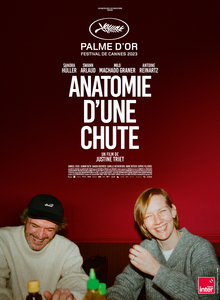
13. **Anatomy of a Fall (2023)**Just two years after Julia Ducournau’s historic win, Justine Triet added her name to the exclusive list of female Palme d’Or recipients in 2023 with her gripping legal drama, “Anatomy of a Fall.” This consecutive win for a female director was a remarkable and welcome development, signifying a clear, positive shift in recognition for women filmmakers at Cannes. Triet’s film was praised for its intricate narrative, sharp dialogue, and compelling exploration of truth and perception.
“Anatomy of a Fall” captivated the jury with its nuanced portrayal of a complex marital breakdown and a mysterious death, offering a masterclass in suspense and character development. Triet’s precise direction and the film’s intellectual depth made it a standout, earning widespread critical acclaim. This triumph further solidified the growing presence and impact of female directorial talent on the global stage, proving that these voices are not just present but are leading the charge in defining contemporary cinema.
The fact that 2023 also saw seven female directors with films competing for the Palme d’Or, matching a record number that would be seen again in 2025, further emphasizes this exciting trend. Triet’s victory with “Anatomy of a Fall” was a powerful affirmation of female artistry and a clear indication that Cannes is increasingly celebrating a broader spectrum of cinematic talent, fostering a more inclusive and representative future for film.
And there you have it – a dazzling array of films and filmmakers who haven’t just visited Cannes, but have fundamentally altered its landscape and, in turn, the trajectory of cinematic art. From record-breaking ovations that echo through history to the groundbreaking triumphs of female directors and the consistent brilliance of multiple award winners, Cannes remains an unparalleled stage where every year, new chapters of film history are written. It’s a festival that celebrates courage, vision, and the enduring magic of storytelling, continually reminding us why the movies matter so much.

